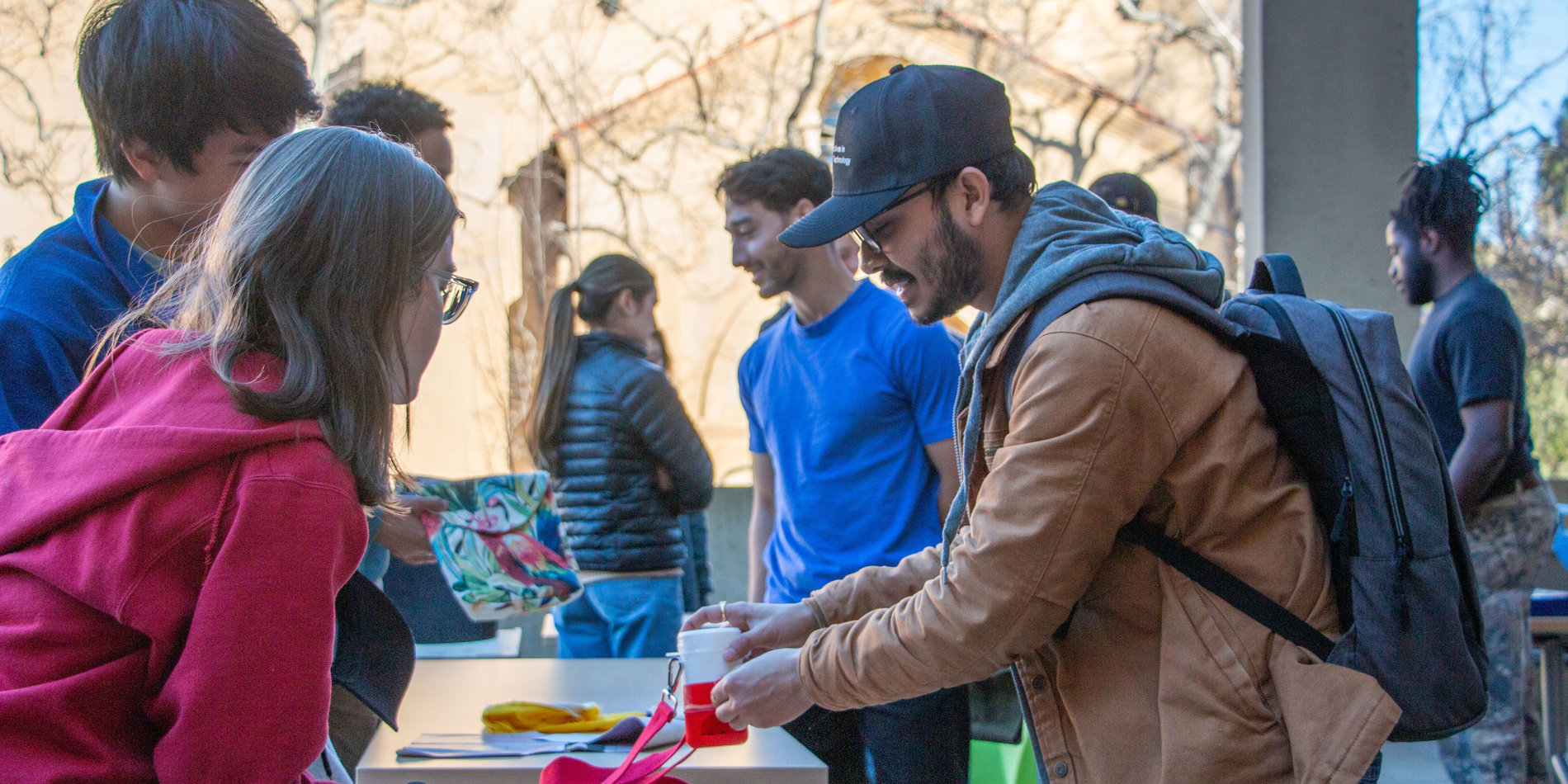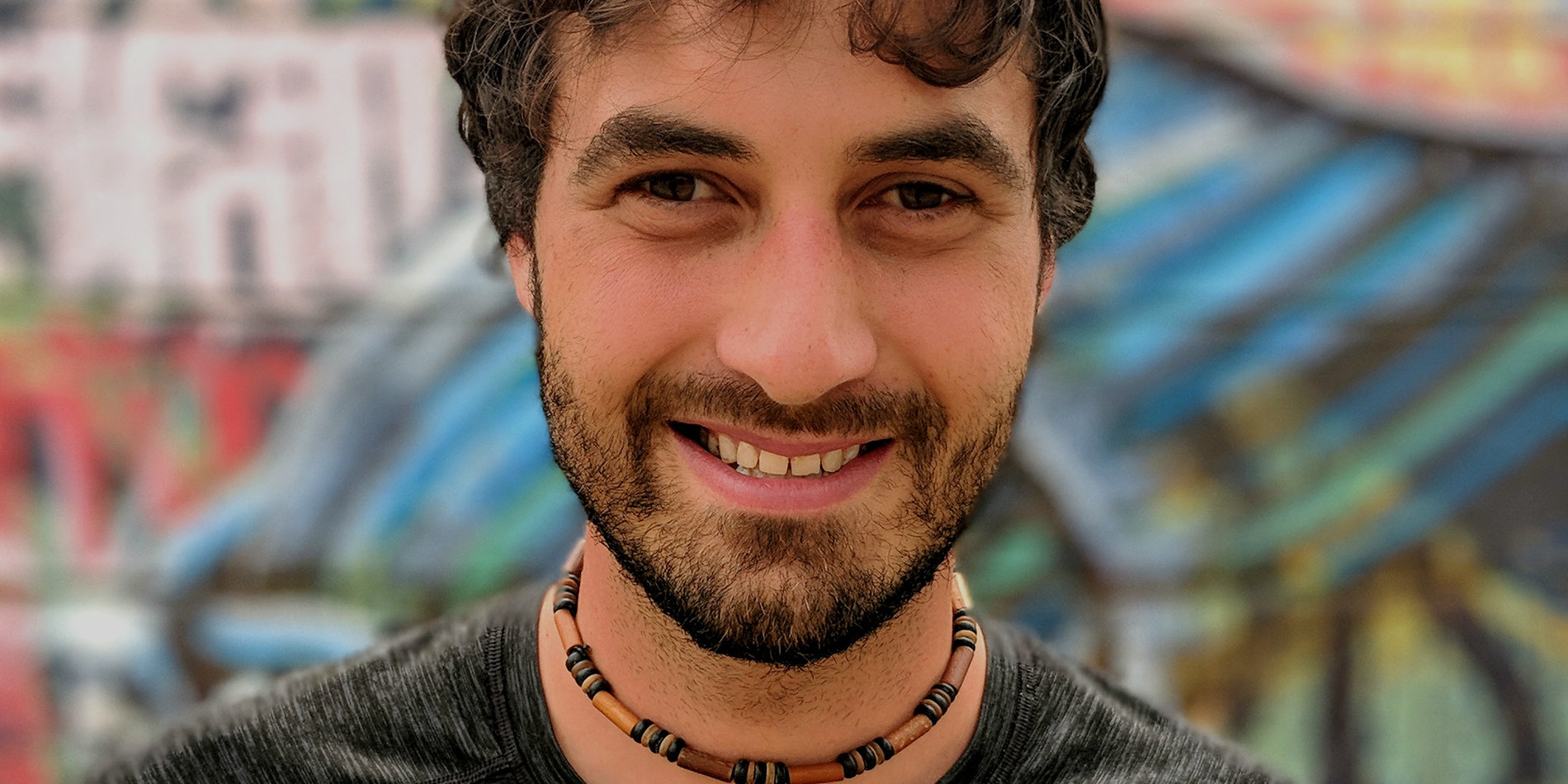More than 35 colleges and universities take part in nation’s largest deliberative democracy event for young people
As the United States faces deepening political polarization, more than 35 postsecondary institutions announced plans to hold a two-day, online event bringing together 1,500 young people from across the United States for moderated discussions on some of the most pressing issues facing the nation.

This Deliberative Polling event, “Shaping Our Future,” will take place on May 1-2, 2021. It will be the largest national deliberative event ever carried out among young people in the United States.
Deliberative Polling is a technique developed by Stanford University Professor James Fishkin as a way to deepen the public’s engagement with and understanding of public policy choices. Participants receive briefing materials in advance and complete a pre-survey on their initial views, then come together for small group deliberations and plenary sessions with balanced panels of experts before completing a post-survey to understand how their opinions changed.
The goal is not to reach consensus but to understand how a representative sample of a population would feel about various policy proposals if they had an opportunity to become informed about them. Research suggests that Deliberative Polling also impacts the participants – reducing partisanship, increasing understanding of alternative perspectives and deepening engagement in the political process.
Half of the 18- to 29-year-old participants will be randomly selected from partner institutions representing more than 20 states, and including community colleges, public and private universities, Hispanic Serving Institutions, and Historically Black Colleges and Universities. The event will also involve 750 young people who are not enrolled in – or have not completed – a postsecondary program.
Dr. Fishkin noted the importance of inviting a nationally representative sample of young people: “Instead of limiting the dialogue to one class or campus, or relying on social media exchanges, this event will bring young people together from across the country, providing a unique opportunity for participants to hear perspectives across differences of politics, geography, socio-economic background, race and ethnicity, religion, and lived experience.”
Over two days, participants will deliberate in small groups using a customized online platform developed by the Center for Deliberative Democracy at Stanford University. They will consider a range of proposals on issues including climate change, electoral reform, national service programs, COVID relief, and increasing the minimum wage. Participants will have an opportunity to ask questions in plenary sessions with political leaders and issue area experts.
The event builds on the success of other national Deliberative Polling events, including the “America in One Room” event hosted in 2019 by Stanford professors James Fishkin and Larry Diamond, in collaboration with Helena, a nonpartisan institution devoted to solving societal problems. A representative sample of more than 500 American voters took part, with researchers finding that structured deliberation increased understanding of complex policy choices and decreased partisan polarization, even on contentious policy issues.
“’Shaping our Future’ will also help launch the Berggruen Institute’s Youth Environment Service (YES) campaign – an initiative to convince governments globally that giving opportunities for young people to lead climate service programs in their communities can be essential for climate preparedness and a strong pandemic recovery,” said Dawn Nakagawa, executive vice president of the Berggruen Institute. “Deliberative events like ‘Shaping our Future’ can empower youth to fight climate change while deepening their engagement with political issues and process.”
The event will offer rich insight into the policy preferences of young people at a critical moment, while deepening participants’ skills in democratic deliberation across lines of difference.
“Young people often feel shut out of the public policy conversation, even though these issues directly impact them now and in the future,” said Luke Terra, associate director at Stanford’s Haas Center for Public Service. He continued, “Each of our partner campuses represents a unique community and context, and we are excited to bring these young people together to learn from one another about possible solutions to some of our most complex challenges.”
Participating colleges and universities include:
- Amherst College
- Brigham Young University
- California State University San Marcos
- Centre College
- Christopher Newport University
- College of Eastern Idaho
- Corning Community College
- Duke University
- Emory & Henry College
- Emory University
- Florida State University
- Indiana University-Purdue University Indianapolis (IUPUI)
- Johnson County Community College
- Lake Tahoe Community College
- Missouri State University
- Montclair State University
- Northern Virginia Community College
- Prince George's Community College
- San Jose City College
- Slippery Rock University
- Spelman College
- Stanford University
- SUNY Geneseo
- The City College of New York
- The University of North Carolina at Chapel Hill
- The University of Texas at Austin
- The University of the South
- Tufts University
- Tulane University
- University of California, Berkeley
- University of California, Irvine
- University of California, LA
- University of California, Santa Barbara
- University of Michigan
- University of Puget Sound
- University of Wisconsin, Madison
- University of Wisconsin, Parkside
- Washburn University


